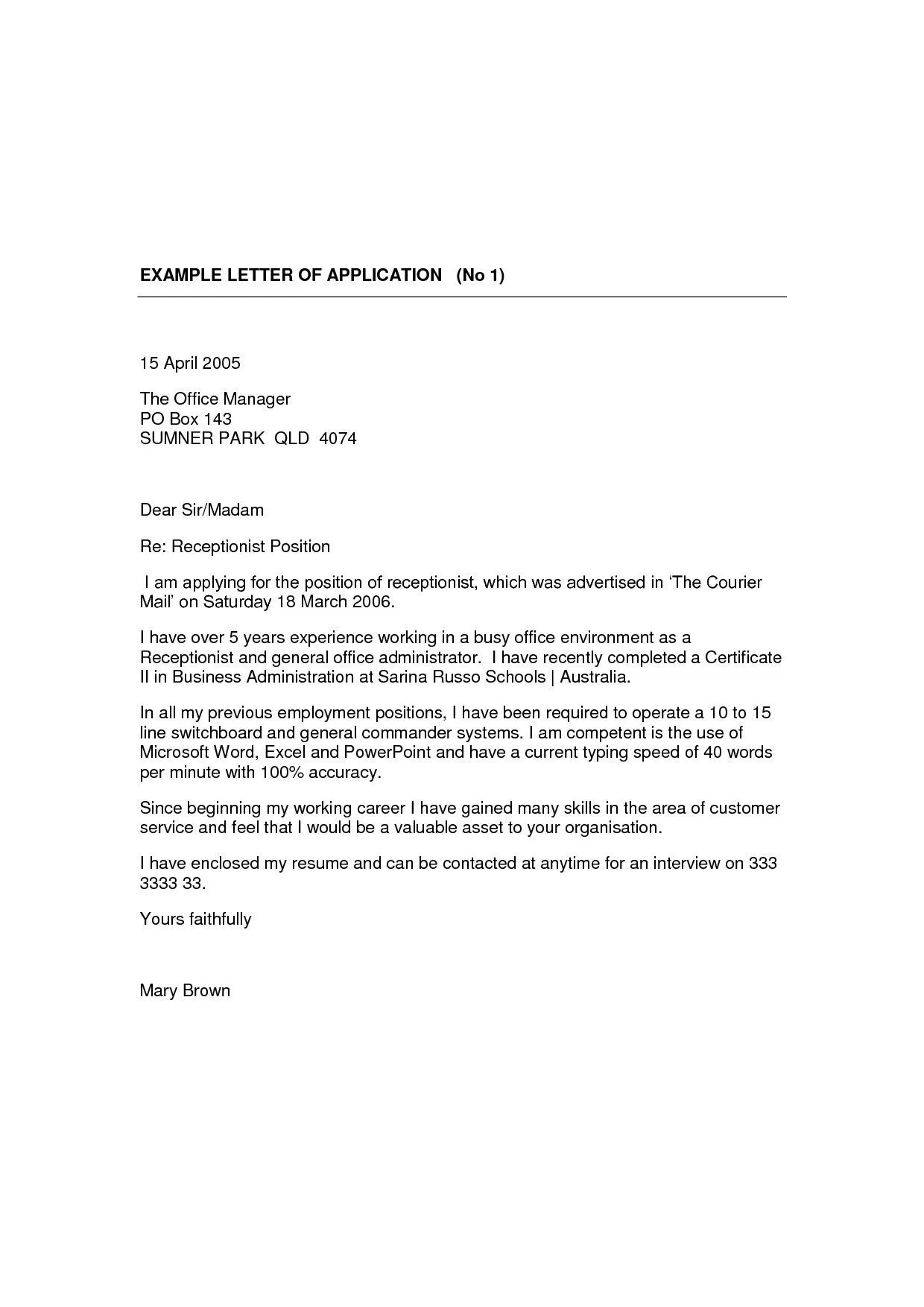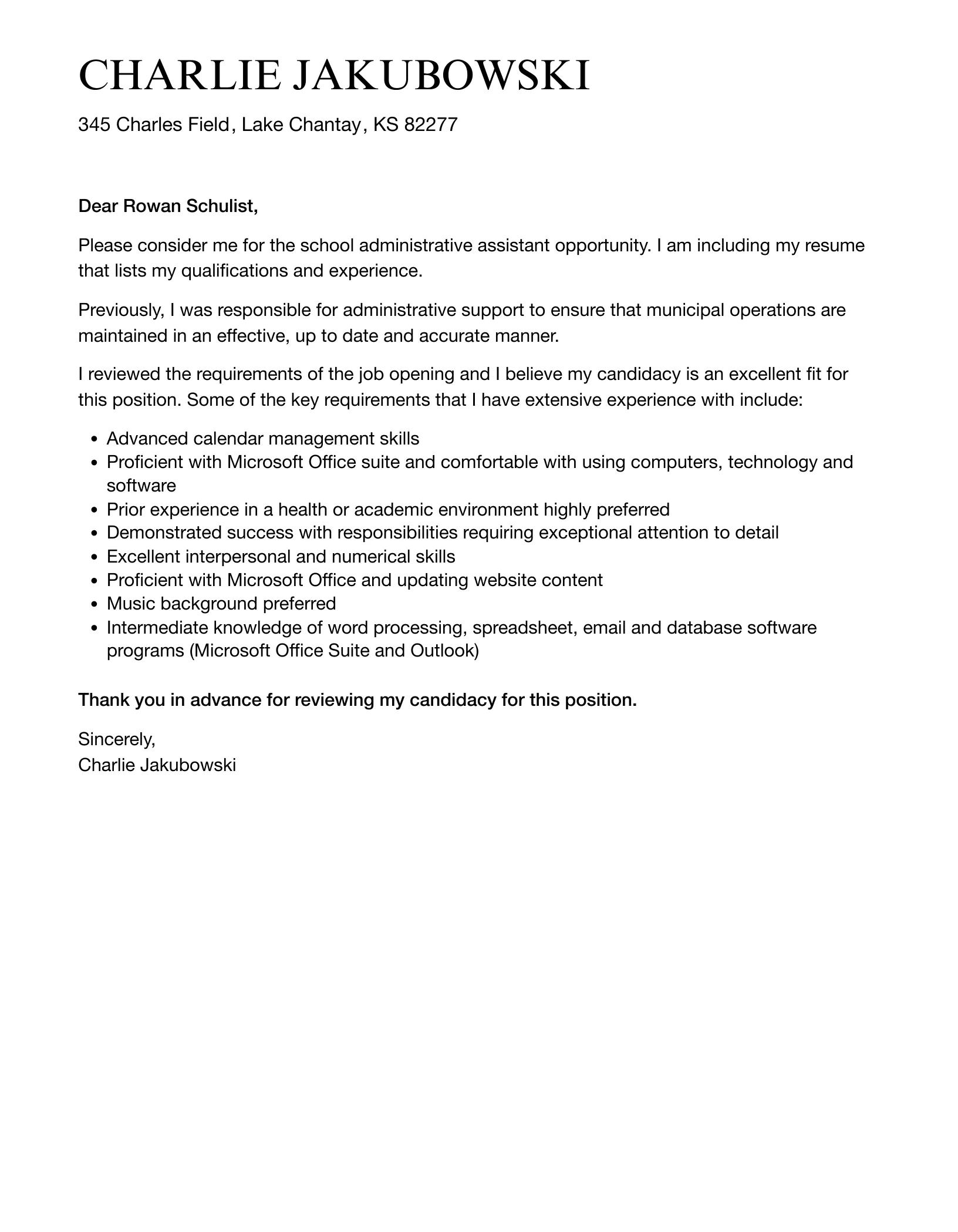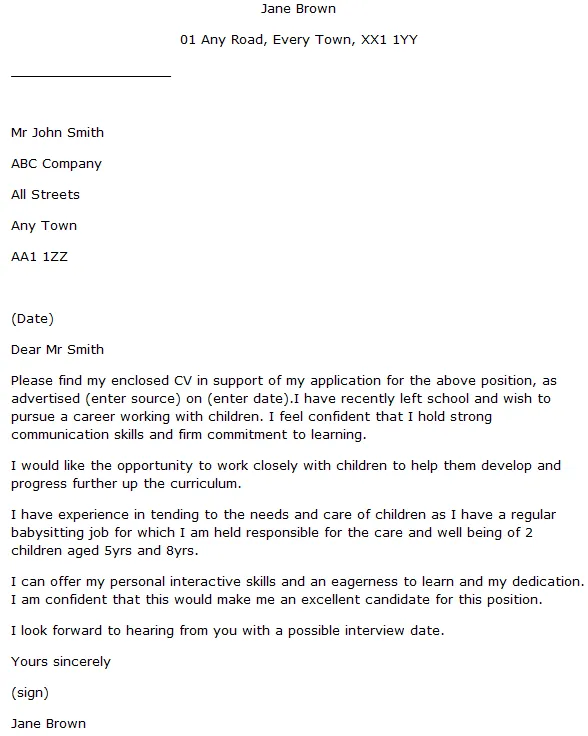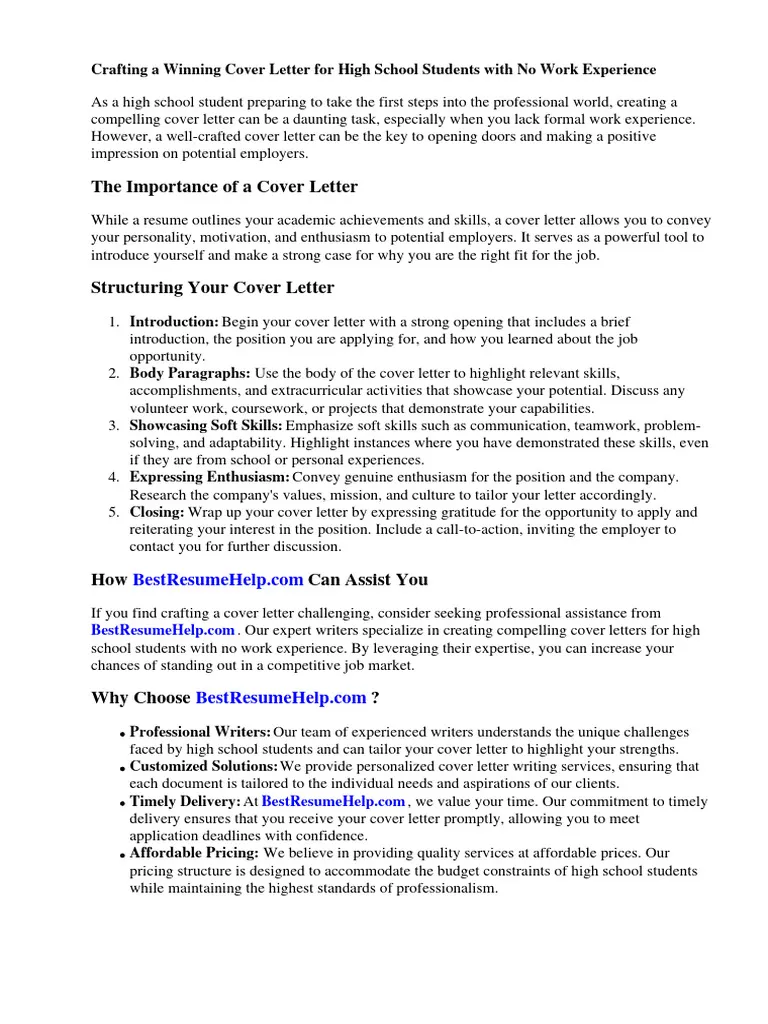Understanding the School Admin Role
Before you even begin to draft your cover letter, it’s crucial to understand the responsibilities and requirements of a school administrative position. School administrators are the backbone of any educational institution, playing a vital role in its smooth operation. They handle a wide array of tasks, from managing student and staff records to overseeing day-to-day activities, and ensuring the school environment is safe, organized, and conducive to learning. A comprehensive understanding of these roles helps you tailor your cover letter to demonstrate how your skills align with their needs. Researching specific roles within school administration, such as administrative assistants, office managers, or executive assistants, will also give you a clearer idea of the tasks and responsibilities associated with each. By demonstrating that you understand the demands of the role, you immediately show you’ve done your homework and are serious about the opportunity.
Essential Skills for School Administration
School administration demands a diverse skillset. While you may not have direct experience in this field, it’s important to highlight the skills you possess that are directly applicable. Key skills include strong organizational abilities, exceptional communication skills (both written and verbal), proficiency in computer applications (Microsoft Office Suite, database management), attention to detail, problem-solving skills, and the ability to multitask and prioritize tasks effectively. Time management is also critical, given the demands of coordinating schedules, meetings, and deadlines. A successful administrator must be able to work independently and as part of a team, demonstrating interpersonal skills to interact with students, parents, teachers, and other staff members. If you have experience in any of these areas, even outside the educational sector, be sure to emphasize them in your cover letter, providing specific examples where possible.
Highlighting Transferable Skills

The key to writing a compelling cover letter with no prior experience is to identify and emphasize your transferable skills. Transferable skills are those abilities and competencies you’ve gained in previous roles, volunteer work, or academic pursuits that can be applied to a new position. For example, if you’ve worked in customer service, highlight your communication and problem-solving skills. If you’ve volunteered in an organization, emphasize your organizational and teamwork abilities. Consider your experiences and how they can be translated to the requirements of a school administrative role. Did you manage projects, handle budgets, coordinate schedules, or communicate with a diverse group of people? These experiences, regardless of the industry, demonstrate valuable transferable skills that school administrators need. Providing concrete examples will show how you’ve used these skills in practical situations to achieve results.
Researching the School and Tailoring Your Letter
Before you begin writing, take the time to research the specific school or district where you are applying. Understanding the school’s mission, values, and any unique aspects of its culture will allow you to tailor your cover letter to match their specific needs. Visit the school’s website, read any available information, and if possible, connect with someone who works there to learn more. Referencing specific programs, initiatives, or values that resonate with you demonstrates your genuine interest and willingness to contribute. By showing you’ve taken the time to learn about their organization, you instantly show that you are serious about the opportunity and committed to making a contribution. In this way, you demonstrate that you are more than just a candidate; you’re someone who is dedicated to their values.
Demonstrate that you understand the school’s mission, values, and any unique aspects of its culture, which allows you to tailor your cover letter to match their specific needs. This shows you are more than just a candidate; you’re dedicated to their values.
Cover Letter Structure
The structure of your cover letter is essential to make a positive impression. Start with a professional header that includes your contact information and the date. Then, address the letter to the hiring manager, if you know their name. If not, use a general greeting like ‘Dear Hiring Committee.’ The body of the letter should be organized into three or four concise paragraphs. The first paragraph should introduce yourself and state the position you are applying for. The middle paragraphs should highlight your skills, experience, and explain why you are a good fit for the role, even with no direct experience. End with a strong closing paragraph summarizing your interest and expressing your availability for an interview. Keep your letter concise and focused, typically within one page. Proofread it carefully for any grammatical errors or typos.
Crafting a Compelling Opening

Your opening paragraph is your first chance to capture the hiring manager’s attention, so make it count. Instead of starting with a generic sentence, try to make it more engaging. Express your enthusiasm for the position and the school. You can mention something specific that attracted you to the role or the school’s mission. If someone referred you, mention their name. Briefly state your qualifications, and highlight your transferable skills. The opening should be confident, stating the position you are applying for and immediately conveying your interest in the opportunity. This sets the tone for the rest of the cover letter, encouraging the reader to continue reading. Aim for a concise, impactful, and memorable start. This first impression is essential to show your proactive attitude.
Demonstrating Enthusiasm and Passion
Demonstrating genuine enthusiasm and passion for the school and the role can significantly impact your cover letter. Enthusiasm can set you apart. Share what excites you about the prospect of working in a school environment and the opportunity to contribute to the school’s mission. Show genuine interest in the students, the staff, and the community. Avoid generic statements and instead use specific examples to support your claims. Demonstrate your commitment to education and your desire to support the smooth functioning of a school. When you convey enthusiasm and passion, it tells the hiring manager that you aren’t just looking for a job, but that you are genuinely invested in the success of the school.
Showcasing Relevant Skills
The main focus of your cover letter, if you have no direct experience, must be highlighting your skills. Instead of simply listing your skills, provide concrete examples of how you’ve used them in past situations. Mention the skills that align with the job description, such as organization, communication, or problem-solving. Describe how you used these skills to achieve specific results. For instance, if you have experience managing a project, describe the project, your responsibilities, and the outcomes. Quantify your accomplishments whenever possible. Include metrics such as how you improved efficiency, or how you solved a problem that led to a positive change. Doing so helps demonstrate the real-world value of your skills, which will help prove your capability.
Addressing the Lack of Experience

Directly address the fact that you don’t have experience in the school administration, but do so with confidence and a positive attitude. Instead of apologizing for your lack of experience, frame it as an opportunity for growth and a chance to bring a fresh perspective. Explain what has motivated you to transition into this field. Focus on your willingness to learn and your eagerness to embrace new challenges. You might discuss how your skills from your previous roles are transferrable and how they meet the needs of the position. You can also mention any relevant certifications, courses, or volunteer work that show your commitment to the educational environment. The main point is to be honest, but demonstrate your value and potential.
Emphasizing Your Potential and Willingness to Learn
One of the most effective ways to compensate for a lack of experience is to emphasize your potential and your eagerness to learn and grow within the role. Showcase your willingness to be trained and adapt to the school’s specific systems and processes. Mention any professional development courses, workshops, or seminars you’ve attended, and express your interest in continuing to learn. Also, highlight your positive attitude and your commitment to contributing to a supportive school environment. Show you’re not just looking for a job, but you’re also interested in a fulfilling career and professional development. Demonstrate that you are a quick learner and are eager to embrace new challenges.
Call to Action and Closing the Letter
End your cover letter with a strong call to action. Reiterate your interest in the position and your enthusiasm for the school’s mission. Clearly state that you are available for an interview and provide your contact information. Thank the hiring manager for their time and consideration. Use a professional closing such as ‘Sincerely’ or ‘Respectfully’ and sign your name. Remember to proofread the letter carefully before submitting it. A well-written and compelling cover letter shows the hiring manager that you are excited about the opportunity, and have the potential to make a positive contribution, even without direct experience.
